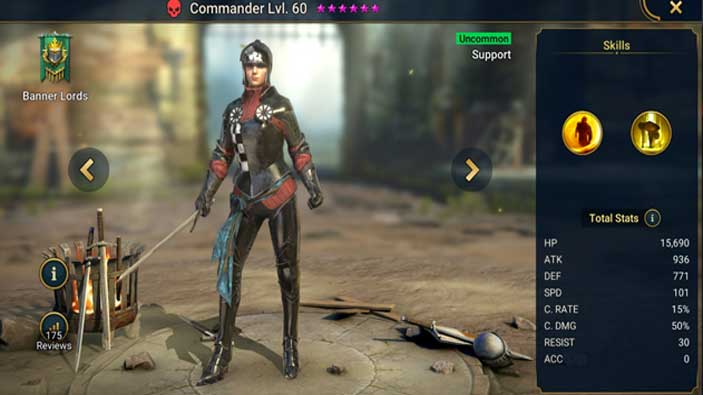

However, there is little incentive to address the needs of urban refugees because the governments of Kenya and Uganda have policies that require that refugees live in camps. The extent and urgency of the problems are in plain view for those who care to look. The very actors who are tasked under international law with protecting them put refugees' lives at risk: host governments, UNHCR, and the international community, including resettlement governments are all to blame for the terrible conditions and danger that urban refugees live with in Nairobi and Kampala. However, many are facing a similar plight – having escaped to these cities from persecution, refugees are met with further insecurity, something they hoped they had left behind. The attack occurred one day after their case had been accepted by Australia for resettlement.įew refugees living in Nairobi or Kampala, Uganda, have cases that are as high profile as this Rwandan family's. The family's application for resettlement to Australia had been mired in delay for some eleven months, despite the fact that their lives were at risk. The residence is under twenty-four-hour security protection, surrounded by a high fence, visitors are not permitted, and asylum seekers or refugees cannot leave the residence without permission. The Rwandans had been placed in the facility because of the inter-ethnic nature of the family, and because the mother is related to the former president of Rwanda, Juvenal Habyarimana. Their forty-three-year-old mother was also injured. On the night of April 17, 2002, two Rwandan children aged nine and ten were murdered at a "secure residence" run by the Office of the United Nations High Commissioner for Refugees (UNHCR) in Nairobi, Kenya. Most of all, we would like to thank the one hundred and fifty courageous refugees who shared their stories with us for this report. Human Rights Watch is also indebted to UNHCR, Goal, the Jesuit Refugee Service, the Refugee Consortium of Kenya, the Refugee Law Project, government officials, and numerous private citizens of Nairobi and Kampala who generously assisted us in the course of our field research. Sandler Fellowship Program, the Oak Foundation, and the Ford Foundation for their generous support of this project. Human Rights Watch would like to thank the Leonard H. Production assistance was provided by Solome Lemma, associate to the refugee policy division, Veronica Matushaj, photo editor and Patrick Minges, publications director.

Rachael Reilly, refugee policy director Peter Takirambudde, director of the Africa Division Binaifer Nowrojee, counsel to the Africa Division, Juliane Kippenberg, Africa Division NGO liaison, Jemera Rone, senior researcher, Suliman Baldo, senior researcher, Alison des Forges, senior researcher, Michael Bochenek, counsel to the Children's Rights Division Widney Brown, advocacy director of the Women's Rights Division Ian Gorvin, consultant to the Program Office, and Jim Ross, senior legal advisor, edited the report. Additional research assistance was provided by Ruth Allen, Karen Barnes, and David Burkoff, interns to the refugee policy program. It is also based on field research in Uganda conducted by Alison Parker and Juliane Kippenberg, Human Rights Watch Africa Division NGO liaison, from Apto April 16, 2002.

The report is based on field research in Kenya conducted by Alison Parker from Apto Apand from Apto April 24, 2002. This report was written by Alison Parker, acting director of refugee policy at Human Rights Watch. Any views expressed are solely those of the author or publisher and do not necessarily reflect those of UNHCR, the United Nations or its Member States. UNHCR is not responsible for, nor does it necessarily endorse, its content. Since international relief efforts are minimal, food is scarce and medical treatment is difficult to obtain. The refugees have no option but to sleep on the streets or in unsafe shelters, leaving them vulnerable to violence and illness, according to the Human Rights Watch report. The perpetrators are criminals, persecutors trailing them from their countries of origin, and even the Kenyan police and Ugandan military. Refugees described being subjected to beatings, sexual violence, harassment, extortion, arbitrary arrests and detention. "Hidden in Plain View," is based on 150 in-depth interviews with refugees from Ethiopia, the Democratic Republic of Congo (DRC), Rwanda, Somalia, Sudan and elsewhere. Human Rights Watch, Hidden in Plain View: Refugees Living Without Protection In Nairobi And Kampala, 21 November 2002, 2815, available at:


 0 kommentar(er)
0 kommentar(er)
